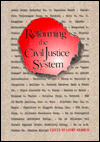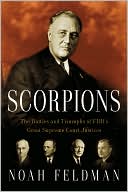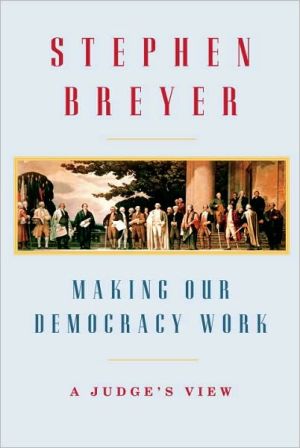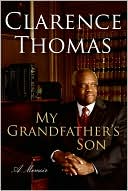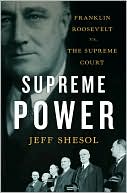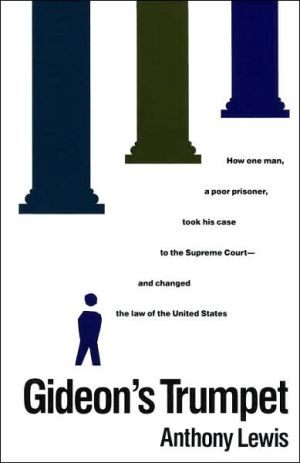Reforming the Civil Justice System
With the recent explosion of high-profile court cases and staggering jury awards, America's justice system has moved to the forefront of our nation's consciousness. Yet while the average citizen is bombarded with information about a few sensational cases--such as the multi-million dollar damages awarded a woman who burned herself with McDonald's coffee-- most Americans are unaware of the truly dramatic transformation our courts and judicial system have undergone over the past three decades,...
Search in google:
With the recent explosion of high-profile court cases and staggering jury awards, America's justice system has moved to the forefront of our nation's consciousness. Yet while the average citizen is bombarded with information about a few sensational cases--such as the multi-million dollar damages awarded a woman who burned herself with McDonald's coffee-- most Americans are unaware of the truly dramatic transformation our courts and judicial system have undergone over the past three decades, and of the need to reform the system to adapt to that transformation.In Reforming the Civil Justice System, Larry Kramer has compiled a work that charts these revolutionary changes and offers solutions to the problems they present. Organized into three parts, the book investigates such topics as settlement incentives and joint tortfeasors, substance and form in the treatment of scientific evidence after Daubert v. Merrell Dow, and guiding jurors in valuing pain and suffering damages. Reforming the Civil Justice System offers feasible solutions that can realistically be adopted as our civil justice system continues to be refined and improved. Booknews Papers from an October 1993 conference chart recent changes in US courts and the judicial system and suggest reforms for the problems these changes present. Sections survey pre-trial and the dynamics of settlement, trial and the role of science in the courts, and post-trial and the need to control jury decision making. Discussion includes areas such as settlement incentives, guiding jurors in valuing pain and suffering damages, and the treatment of scientific evidence after "Daubert v. Merrell Dow". For judges, lawyers, and other law professionals. Annotation c. by Book News, Inc., Portland, Or.
PrefaceIntroduction1Pt. IPre-Trial: The Dynamics of SettlementSettlement of Litigation: A Critical Retrospective13Settlements Under Joint and Several Liability38Settlement Incentives and Joint Tortfeasors: A Comment on Kornhauser and Revesz104Rule 68, Fee Shifting, and the Rulemaking Process108Settling Cases: The Lawyer's Perspective150Rule 68 and Settlement Dynamics153Pt. IITrial: Science in the CourtsImplications of Daubert v. Merrell Dow162A Panel Discussion of Daubert v. Merrell Dow173Daubert v. Merrell Dow Pharmaceuticals: Experts Testify on Expert Testimony213Substance and Form in Scientific Evidence: What Daubert Didn't Do234Scientific Validity, Admissibility, and Mass Torts After Daubert280Pt. IIIPost-Trial: Improving Jury DecisionmakingHelping Jurors Determine Pain and Suffering Awards339Toward Experimenting with Juror Guidance in Valuing Pain and Suffering Damages: Building on a Decade of Verdicts in New York State363Additur/Remittitur Review: An Empirically Based Methodology for the Comparative Review of General Damages Awards for Pain, Suffering, and Loss of Enjoyment of Life386Proposals for Reforming Pain and Suffering Awards416Pain and Suffering Damages: What Are They and Can They Be Measured?425Improving Jury Decisionmaking: Is There Really a Problem?429Improving Jury Decisionmaking: Damages for Pain and Suffering431Contributors437Index439
\ BooknewsPapers from an October 1993 conference chart recent changes in US courts and the judicial system and suggest reforms for the problems these changes present. Sections survey pre-trial and the dynamics of settlement, trial and the role of science in the courts, and post-trial and the need to control jury decision making. Discussion includes areas such as settlement incentives, guiding jurors in valuing pain and suffering damages, and the treatment of scientific evidence after "Daubert v. Merrell Dow". For judges, lawyers, and other law professionals. Annotation c. by Book News, Inc., Portland, Or.\ \
